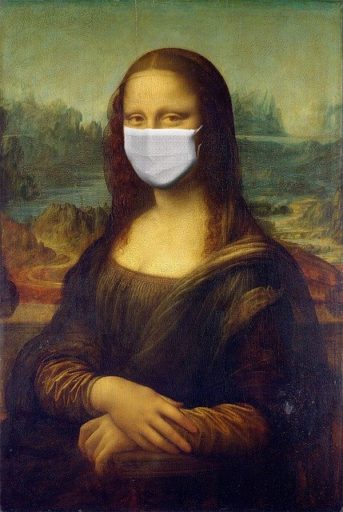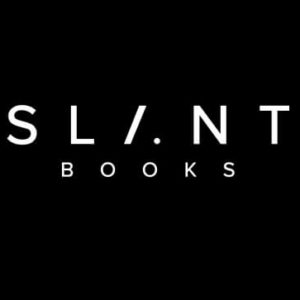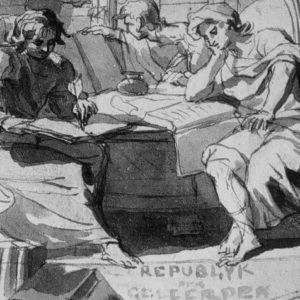“Why are we reading, if not in hope of beauty laid bare, life heightened and its deepest mystery probed? Can the writer isolate and vivify all in experience that most deeply engages our intellects and our hearts? Can the writer renew our hope for literary forms? Why are we reading if not in hope that the writer will magnify and dramatize our days, will illuminate and inspire us with wisdom, courage, and the possibility of meaningfulness, and will press upon our minds the deepest mysteries, so that we may feel again their majesty and power? What do we ever know that is higher than that power which, from time to time, seizes our lives, and reveals us startlingly to ourselves as creatures set down here bewildered? Why does death so catch us by surprise, and why love? We still and always want waking.”
―Annie Dillard, The Writing Life
This is not how we envisioned the debut of Close Reading, the new blog sponsored by Slant Books. Nor is this the post we intended to serve as the virtual champagne bottle that we would smash on the prow of our spanking new literary vessel.
We took for granted that the launch would take place under “normal” circumstances, where the greatest challenge facing us would simply be to hope that our arrival would get noticed amidst the general chaos and clamor of the interwebs.
Instead, our first steps out in the world are taking place during the coronavirus pandemic, a time when anxiety and distractedness are palpable…and unlikely to dissipate any time soon.
I’m reminded of when my wife went into labor with our first child. It was April 1st. Suddenly anxious that our daughter’s birthday would forever coincide with April Fools’ Day, my wife—deep into her labor—asked the nurse late that night if the birth might, well, be postponed until the 2nd. The reply, naturally, was: “Honey, the baby’s gonna come when the baby’s gonna come.”
We don’t choose when we’re born, but we try to make the best of it.
The temptation here is to go a step further, to take advantage of the situation, making a quick trip to Glib-Ville, telling you all in a high, sententious manner that a blog about the importance of literature and reading—and the kinds of mental and spiritual disciplines that a sustained engagement with any art form can engender—is perfectly suited to our new, enforced solitude.
At the opposite side of the spectrum, the temptation would be to say that focusing on the art of close reading during a pandemic is to belittle the real suffering going on across the globe—or at least to suffer from some sort of blameworthy form of moral disproportion.
That, too, sounds like something you’d hear them say in Glib-Ville.
So what might one in our position venture to say, however hesitantly, to this moment?
After doing all that we can to help our family, friends, and community to minimize the effects of this pandemic, our first responsibility is simply to preserve and deepen our own humanity. Without that, we’ll be no good to anybody. It is no sacrilege to say that any crisis is an opportunity to become a better person. “We still and always want waking.”
While the crisis has forced us all to deal with solitude and isolation, this circumstance alone isn’t creating new problems but merely pointing up the underlying forms of loneliness which we do our best to forget with our addiction to distractions, our consumption of steadily dumbed-down cultural artifacts, and the way we use politicized anger and self-righteousness to stave off contemplating our own feelings of powerlessness and ennui.
So, what are we promoting here? What’s the elevator speech for Slant and Close Reading? Are we just saying, in essence, “Read good books”?
Put like that, it does sound lame. But that brief phrase is like a porthole opening out onto a vast ocean of traditions, practices, and principles that undergird the larger enterprise of humanism—which my next post (originally intended to be our first) will go on to articulate.
In Four Quartets T.S. Eliot, channeling Dante, says that the way down is the way up: in other words, that we need to plunge into a deeper understanding of human sin and folly before we can grasp the meaning of mercy and forgiveness and gain the Beatific Vision.
Along those same lines one might say that the way in is the way out: that the quality of our interior life—a life cultivated through things like prayer, reading, and reflection—will have a great impact on our ability to contribute significantly to the common good.
The writers who will be contributing to Close Reading will—all in their different ways—reveal how the moral and the aesthetic are more closely connected than we often realize, that the more skillfully we can discern and be shaped by the formal qualities of literature and art the more likely it will be that our words and deeds will have the weight and dignity of truth and compassion.
So, yes, now is the acceptable time to launch a blog devoted to close reading.
Let the last word today be from the fiction writer George Saunders: “Reading is a form of prayer, a guided meditation that briefly makes us believe we’re someone else, disrupting the delusion that we’re permanent and at the center of the universe. Suddenly (we’re saved!) other people are real again, and we’re fond of them.”
Gregory Wolfe is the publisher and editor of Slant Books. In 1989 he founded Image—one of America’s leading literary journals. He was also the founding director of the Seattle Pacific University MFA in Creative Writing program. His books include Beauty Will Save the World, Intruding Upon the Timeless, and The Operation of Grace. He is married to the novelist, Suzanne M. Wolfe.





